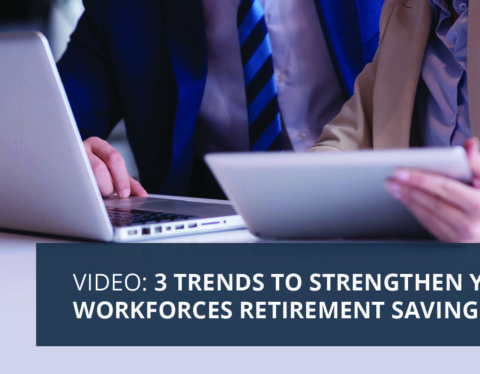Retirement. The word invokes a variety of responses from people, but quite often the reactions are negative. Little wonder, since dictionaries define retire with negative sentiments such as retreat, recede, go to bed, withdraw, to stop or end something because of age or injury.
When people hear the word “retirement”, they most often associate it with “old”, according to Financial Times. In the December 2014 How Do You Feel When You Hear the Word “Retirement”? blog, the company shared results from an informal survey that asked people to consider the word retirement. In addition to old, respondents also mentioned scared, nervous, anxious, worried, and sad. Sure, happy and excited made the list, too, but most of the associated terms were negative.
Interestingly, just as the first Baby Boomers were entering into retirement, AARP switched solely to the initials and dropped American Association of Retired Persons. The massive lobbying and resource organization now includes a broad range of topics on its website that tries to address the needs of people aged 50 and over regardless of whether or not they are still working.
Special sections include Boomers, technology, job resources, and Life Reimagined. The latter category is particularly interesting as it provides members with such capabilities as Afford Your Dreams.
This interactive program invites people to Consider New Options by first asking: “So what fields can you see yourself working in? Which of your strengths will help you explore those fields? Answering these kinds of questions is the first step toward putting together that exploratory plan.” From this launch point, participants can learn how to save more, add skills to their resume, and find a coach or mentor.
AARP also provides an online calculator so members can determine if they are saving enough for the future before they stop working. In an August blog, Regrets? Older Workers Have a Few, AARP reveals the results from a recent survey of pre-retirees ages 55 to 65 who reported they were five times more likely to say they would have preferred a job with a 401(k) rather than one with a higher salary.
The upshot? Even organizations once devoted entirely to “retirement” needs are shying away from the word and going with a more lifestyle approach. This provides some good insight on what not to do and say with retirement plan participants. The emphasis should not be on “retiring” but on preparing for a different life phase. Perhaps a more positive outlook can induce employees to set more money aside now for their future.


